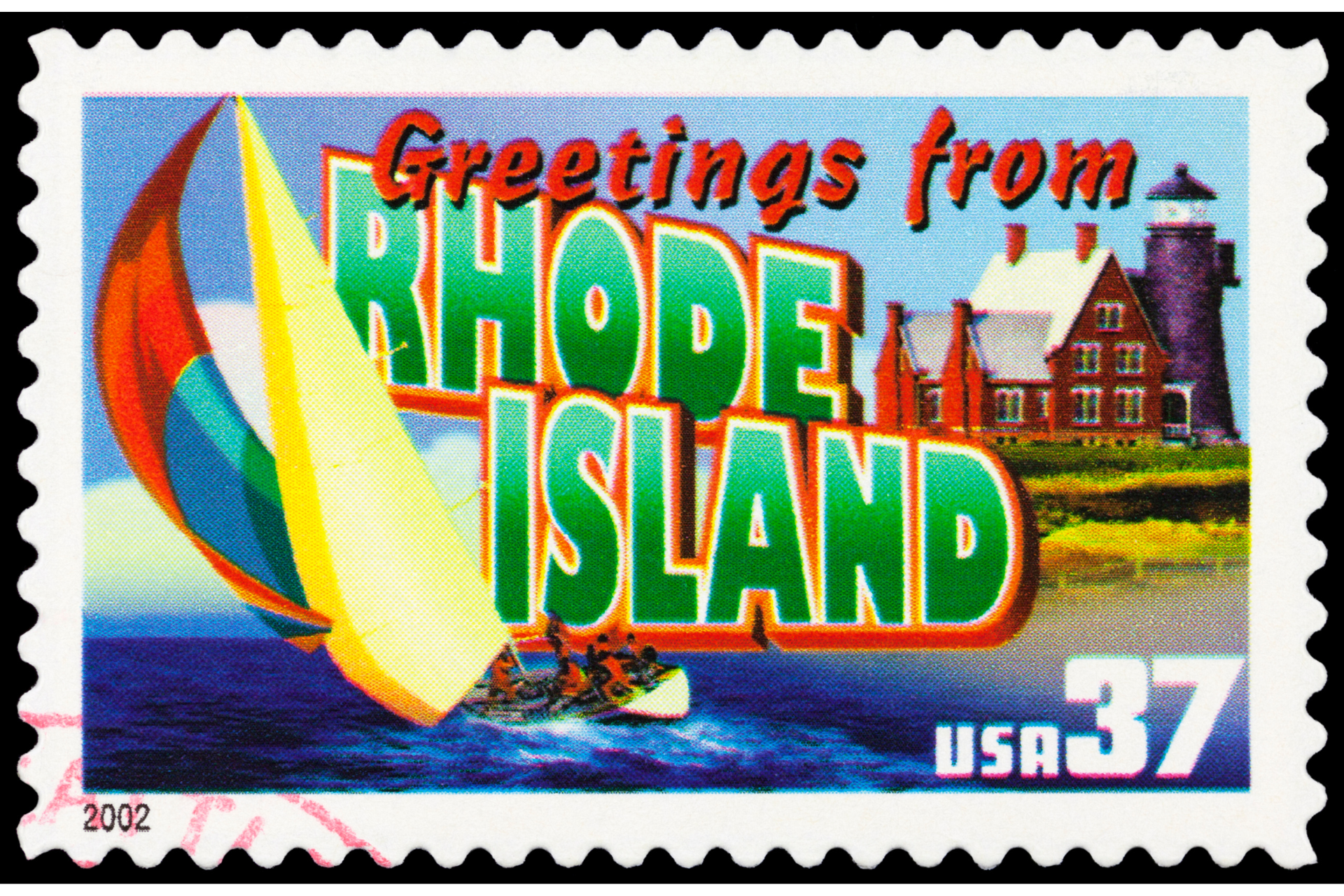For-profit colleges have been called out for predatory practices in recent years. In the award-winning book Weapons of Math Destruction, Cathy O’Neil reported on the marketing practices of these institutions, which spend far more on marketing than on instruction. Evidence has shown that these institutions prey upon people in difficult circumstances, encourage them to take out federal loans beyond their capacity to repay, and charge much more than local colleges. Often, these college programs do not meet licensure requirements even when students complete them. In several cases, the colleges have closed abruptly, leaving students without other options to finish their degrees.
The Biden administration has established rules to prevent these diploma mills from engaging in these practices. U.S. Secretary of Education Miguel Cardona said, “With these final rules, the Biden-Harris Administration is fixing a broken system, which failed to protect students and families, and addresses abuses in higher education that have cost taxpayers billions of dollars in recent years. We are raising the bar for accountability and making sure that when students invest in higher education, they get a solid return on that investment and a greater shot at the American dream.”
But not for Puerto Rico.
Puerto Rico is an exception
The Department of Education made Puerto Rico exempt from these groundbreaking requirements. According to Inside Higher Ed, the DOE had “concerns over the reliability of earnings data on the island.
Colleges are required to show two things under the new rules:
- That their students can afford their fees.
- That their graduates earn more after graduation than adults without degrees in their states.
In Puerto Rico, three times as many students attend for-profit colleges as nonprofit programs. 40% of degrees are awarded by this type of institution. In the U.S. as a whole, about one third of college students receive Pell Grants from the federal government, but in Puerto Rico, where the average income is much lower than in the states, 75% of the students do. For-profit colleges get the benefits of all those Pell Grants, in addition to the federal student loans they pressure students to take on. All in all, the DOE sent more than $1 billion to the territories in 2022, providing support for 200,000 students in Puerto Rico alone.
14% of the colleges would have failed the test under the gainful-employment rules, according to data analysis by Inside Higher Ed. Without being included in the regulations, Puerto Rico’s students will not be protected from the bad actors in that space.
Why the exception?
While many of the requests for the exemption came from for-profit institutions in Puerto Rico, there were also requests from the Puerto Rico Chamber of Commerce, Rep. Jenniffer Gonzalez-Colon, and other members of Congress known for supporting Puerto Rico, including Reps. Ritchie Torres, Darren Soto, Susan Wild, and Maria Elvira Salazar. In a letter to Education Secretary Miguel Cardona, members of Congress pointed out that the data that showed 14% of colleges failing the test “highlights one of the unique economic characteristics in Puerto Rico, which is a significant lack of accurate earnings data.”
“Puerto Rico does not have community colleges, and therefore proprietary institutions on the Island are fulfilling that important role,” the letter further explained. The Members of Congress requested a three-year delay in the implementation of the new rule in Puerto Rico, but not a permanent exclusion of Puerto Rico from the new protections. Instead, the DOE simply made the U.S. territory exempt.
Why the lack of data?
Puerto Rico does have a large informal economy. But the larger problem, a lack of data parity, shows in many different situations.
Rep. Nydia Velazquez recently asked for data parity in housing for Puerto Rico, in order to make sure that people on the Island had appropriate access to housing. Maternal health records were exempted from the Healthy Moms and Babies Act on the grounds that such reporting would be “impracticable.” Following Hurricane Maria, a lack of data made it difficult to estimate deaths from the disaster, even as the major statistical organization on the Island was threatened.
“Statistics are the only real voice Puerto Ricans have,” a data scientist at Penn State explained. “They don’t have votes. They can’t vote for a member of Congress, or the president of the United States. Their political power is diminished, so the only way you can create an effective strategy is to use data as your main tool for discussion.”
Yet Puerto Rico is frequently left out of data collection. Economist Jay Zagorsky, pointing out that even when Puerto Rico is counted, as it is by the Bureau of Labor Statistics and the U.S. Census, it is not included in the totals for the United States, said, “Exclusion or inclusion in key economic statistics is important. Being excluded means politicians in Washington have less incentive to fix Puerto Rico’s economic problems. No matter how bad the economic situation becomes on the island, exclusion means there is no impact on U.S. national statistics that could swing an election. And Puerto Ricans, living on the island, have no say in the U.S. general presidential election.”
The exclusion of Puerto Rico from the new regulations from the Department of Education show how this lack of data becomes a vicious circle. Without the data, the DOE can’t regulate for-profit colleges in Puerto Rico. Without that regulation, there is no impetus to collect the data. Without the data, there is no chance of future regulation. Puerto Rican students are not protected.


